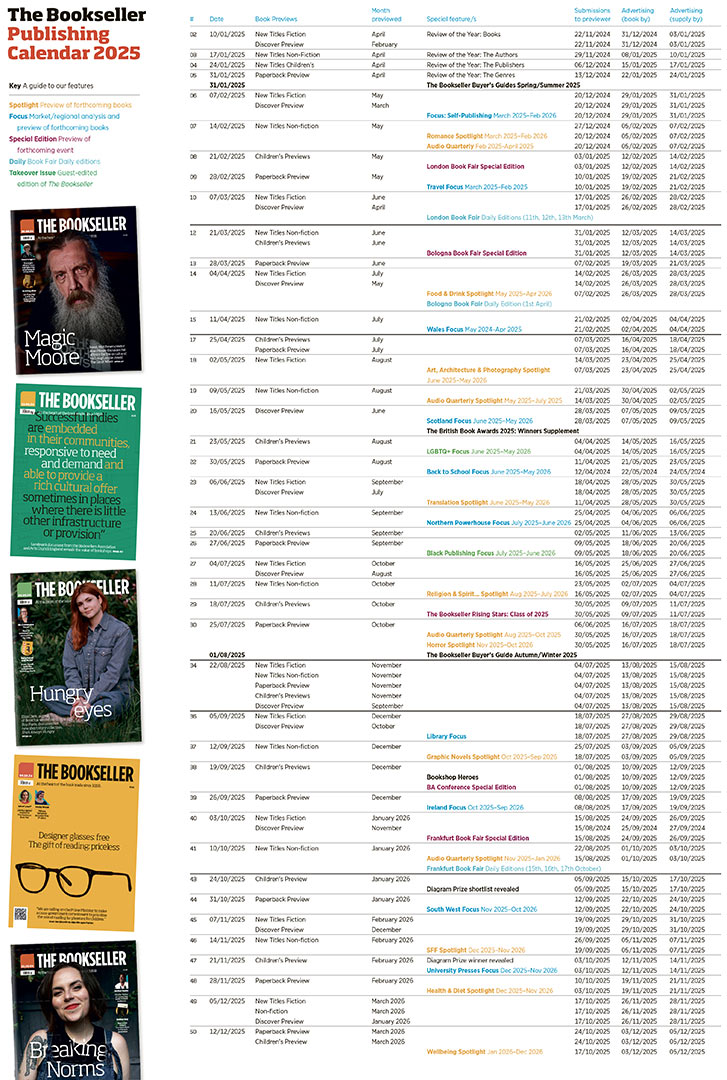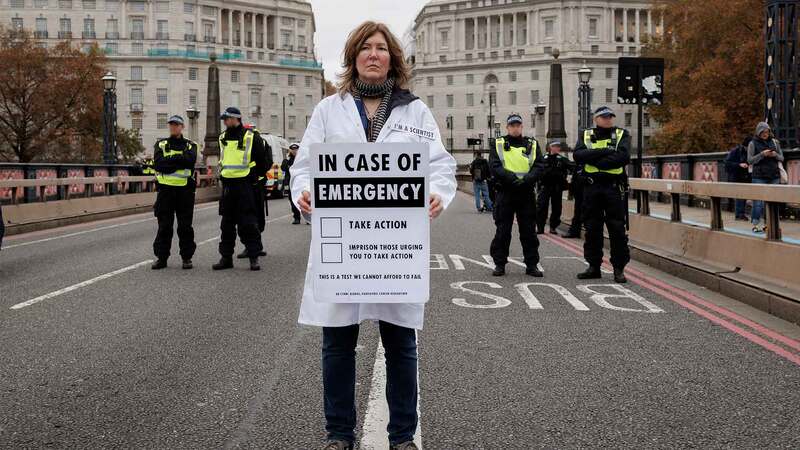You are viewing your 1 free article this month. Login to read more articles.
Lionel Shriver's New Republic
Lionel Shriver embarked upon her latest novel, a satire on terrorism and journalism, almost 14 years ago, in 1998. Yet the World Trade Center attacks in 2001 forced an embargo which means it only reaches bookshelves this week.
The New Republic follows corporate lawyer and misanthropist Edgar Kellogg, who decides to turn his hand to journalism and is offered the post of foreign correspondent in Barba, a Portuguese backwater with its own home-grown terrorist movement. His predecessor Barrington Saddler was a larger-than-life character - and mysteriously, reports of attacks by the "Daring Soldiers of Barba" seem to dwindle with his disappearance.
The daughter of a Presbyterian minister, Shriver lived in Belfast from 1987-99 and "had been quite frustrated to watch the appalling behaviour by the IRA politically" - activities that directly influenced The New Republic. She pertains that the book is more relevant now than ever, advocating that the novel is “an allegory but I don’t think it’s restricted to Northern Ireland”.
The rural Portuguese setting was necessary: “It was key to get it out of Northern Ireland. Both my readers and I were tired of that place. I liked the idea of inventing a place to give the book a different texture, a lighter texture."
“The idea of Barba was that it was the back of beyond, it’s this utterly unimportant dump," she said. "The concerns of this hole suddenly become the concerns of the world. It’s certainly not casting aspersions on Portugal but it’s poorer than some of the other parts of central Europe and even the Portuguese would admit that they are not exactly at the centre of the action. The idea was that it was ‘nowheresville’ of nowhere itself.”
Complex and intrinsic, the characteristics of Edgar Kellogg himself add weight to the novel. Shriver explained: “Character by definition is always what is wrong with you. Edgar has a tendency to become smitten with members of the same sex, to put them on a pedestal. He becomes exasperated with himself because to him it seems weak and unmanly.” The novel becomes an exploration of what makes a person charismatic.
Critics have compared the novel, with its journalistic themes, to the classic of the genre Evelyn Waugh's Scoop. “People reach for that book because it’s about journalists," she said. "But somewhere in the back of my mind Scoop was kicking around. I certainly won’t resist the comparison, as I’m a big admirer of Evelyn Waugh.” She also highlighted that comparisons have been drawn between The New Republic and the work of Graham Greene.
Yet The New Republic is also a political “cautionary tale”. It "look[s] at the symbiotic relationship between the press and terrorists of every stripe, even rogues and school shooters like that lunatic [Anders Behring] Brevik in Norway who has been given everything he ever dreamt of and more.”
This is where The New Republic and her Orange Prize-winning tale of a high-school mass murder We Need to Talk About Kevin intersect, as the press helps to drive the school shooting in Kevin, itself a novel commentating on the press’ reaction to real-life school shootings, such as those in Columbine.
As an author who quite often “gets packaged in a girly fashion” (the paperback of her last novel displayed a flower on the jacket), Shriver admits that it may take the average male reader a degree of time before they pick up one of her novels, but when they do, “males tend to respond very well because they don’t tend to be sentimental”.
Shriver’s work is by no means for the weak-hearted and this compelling novel is as relevant now, if not more so, than at the time it was written.
The New Republic by Lionel Shriver is published by HarperCollins.















